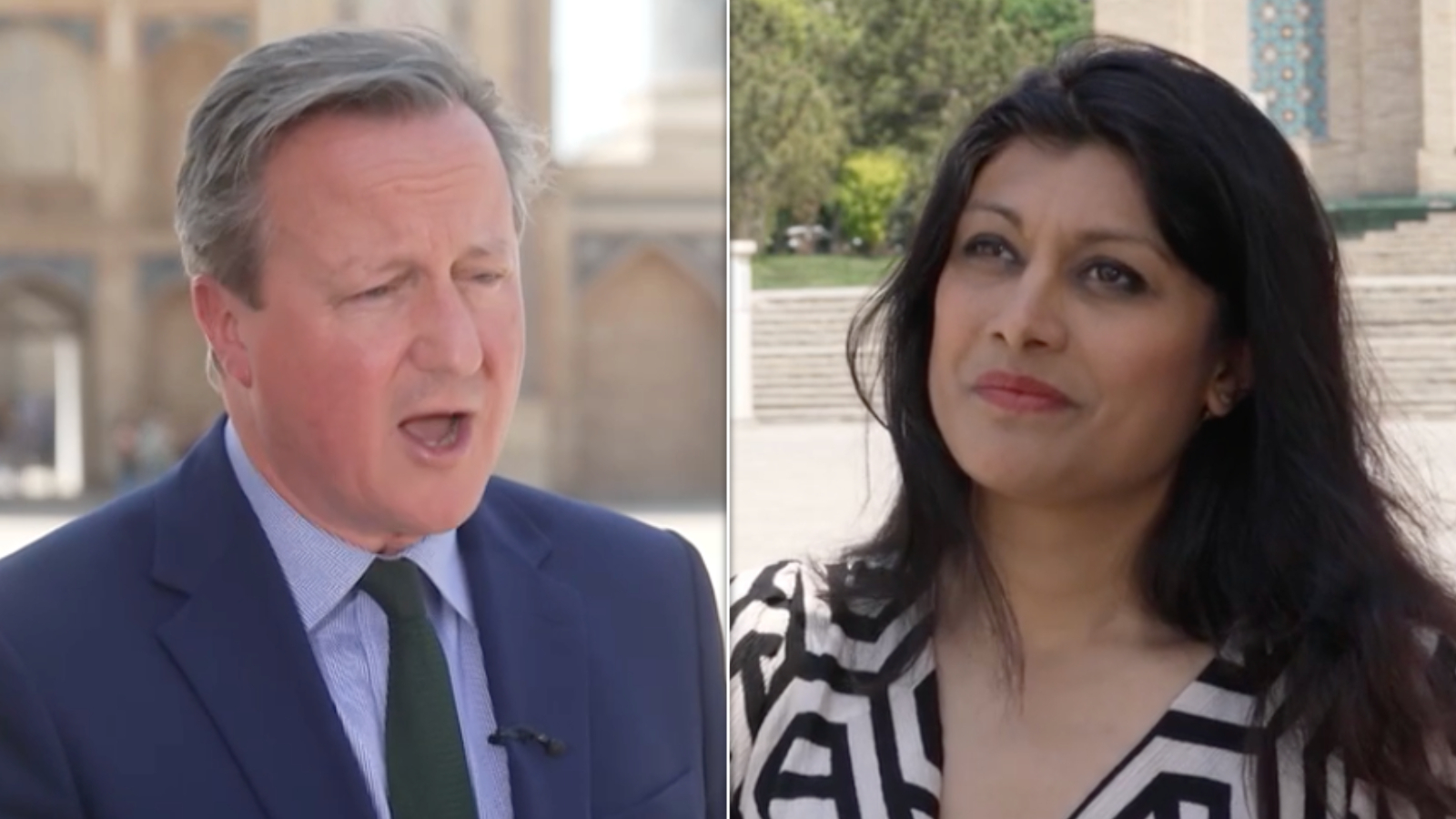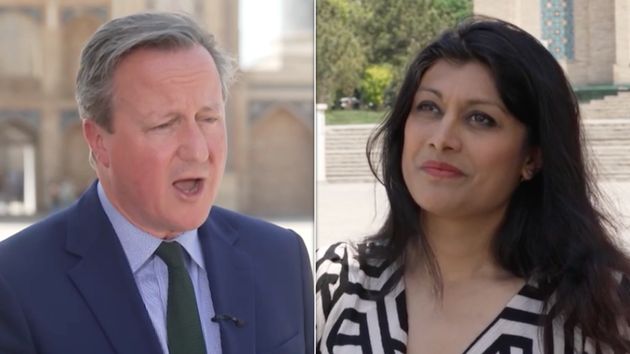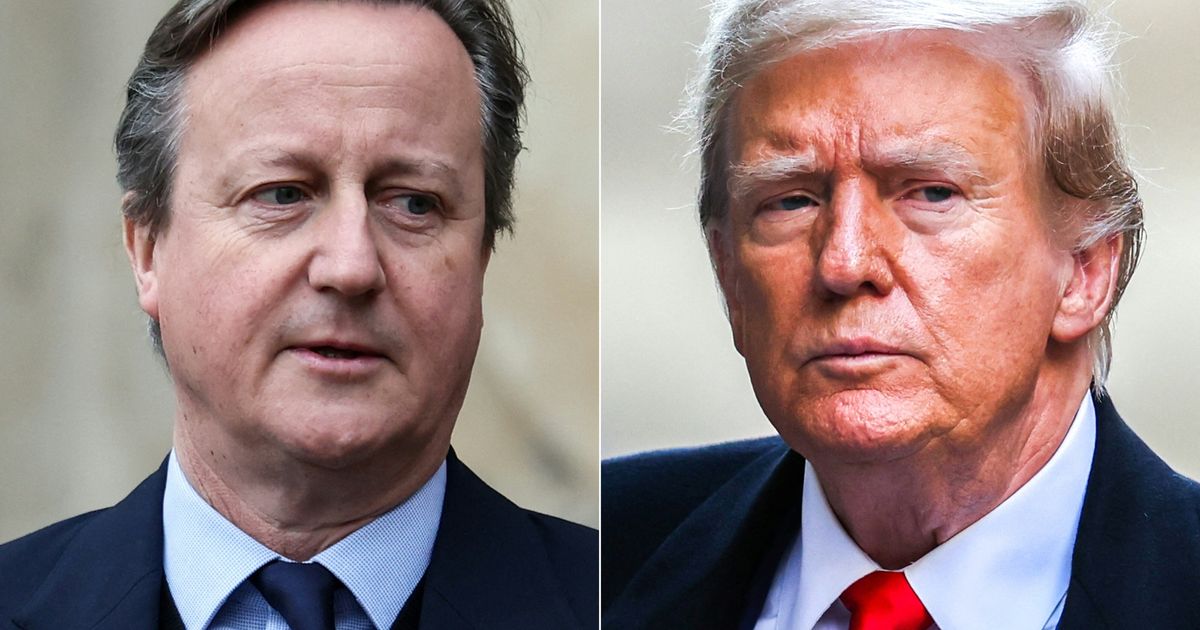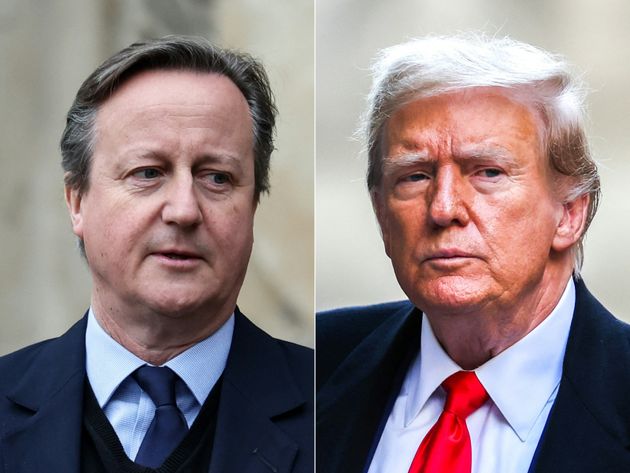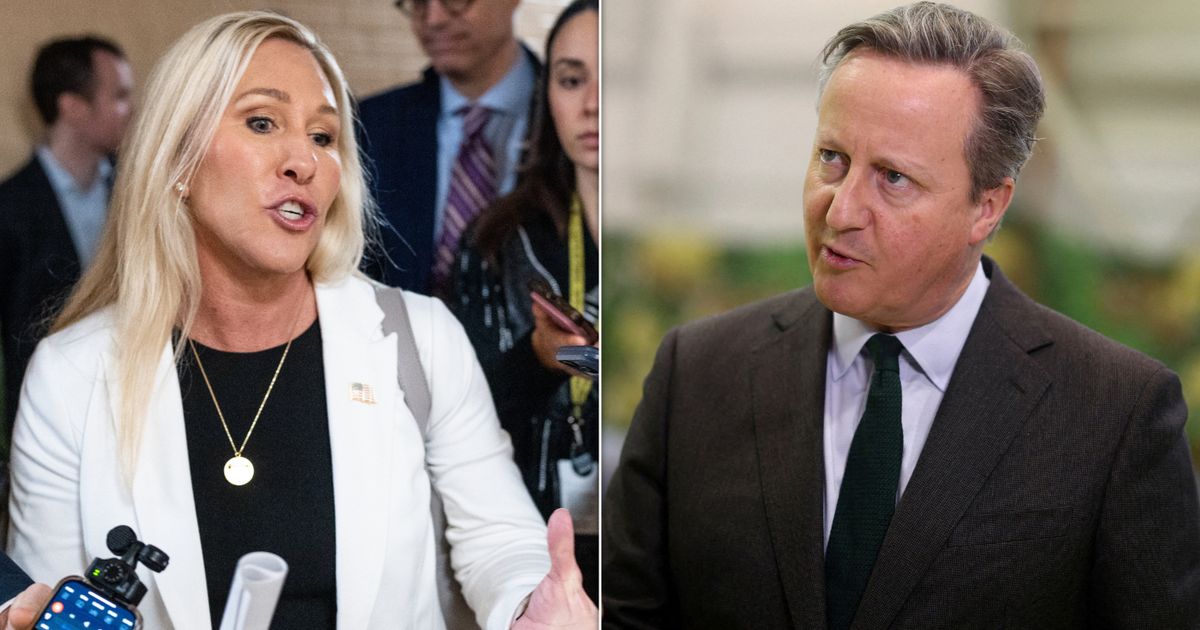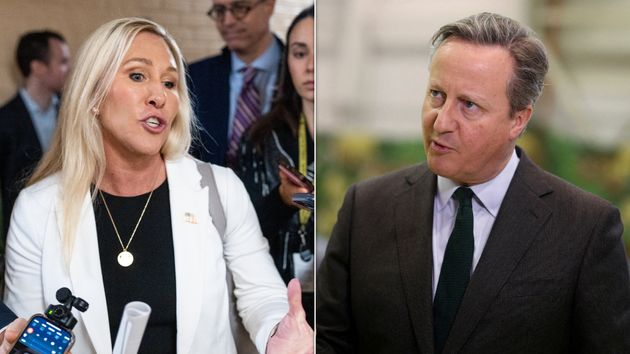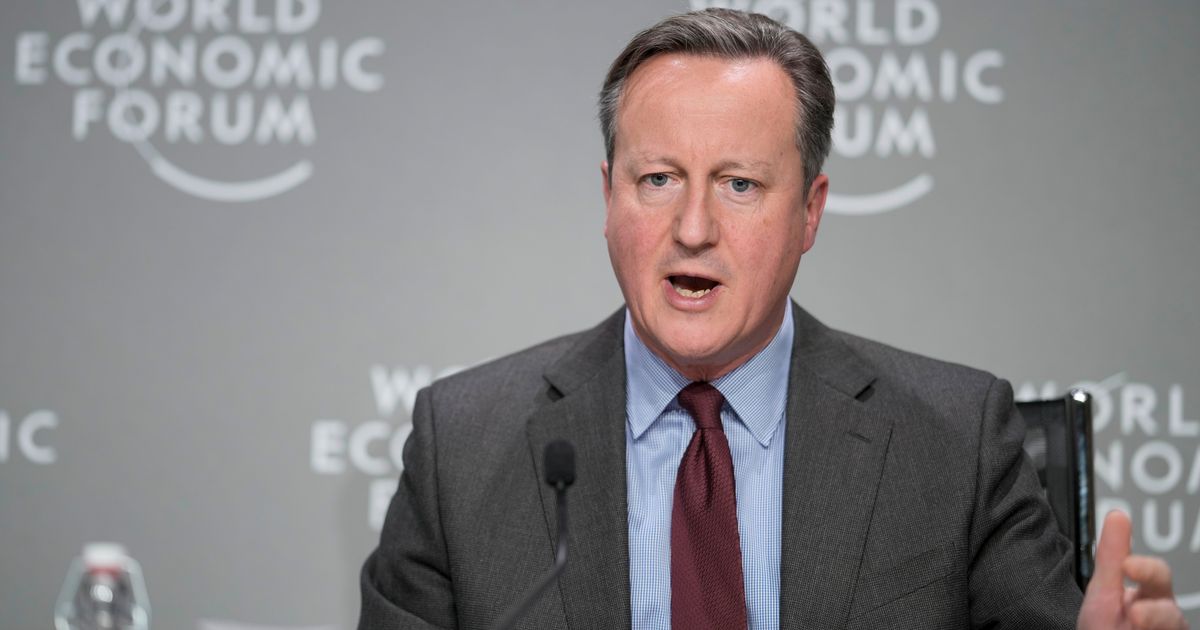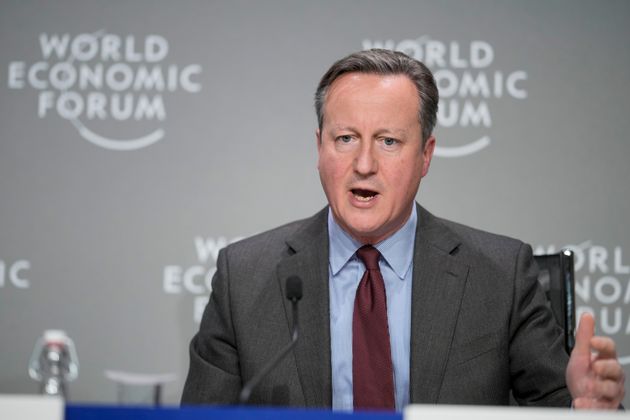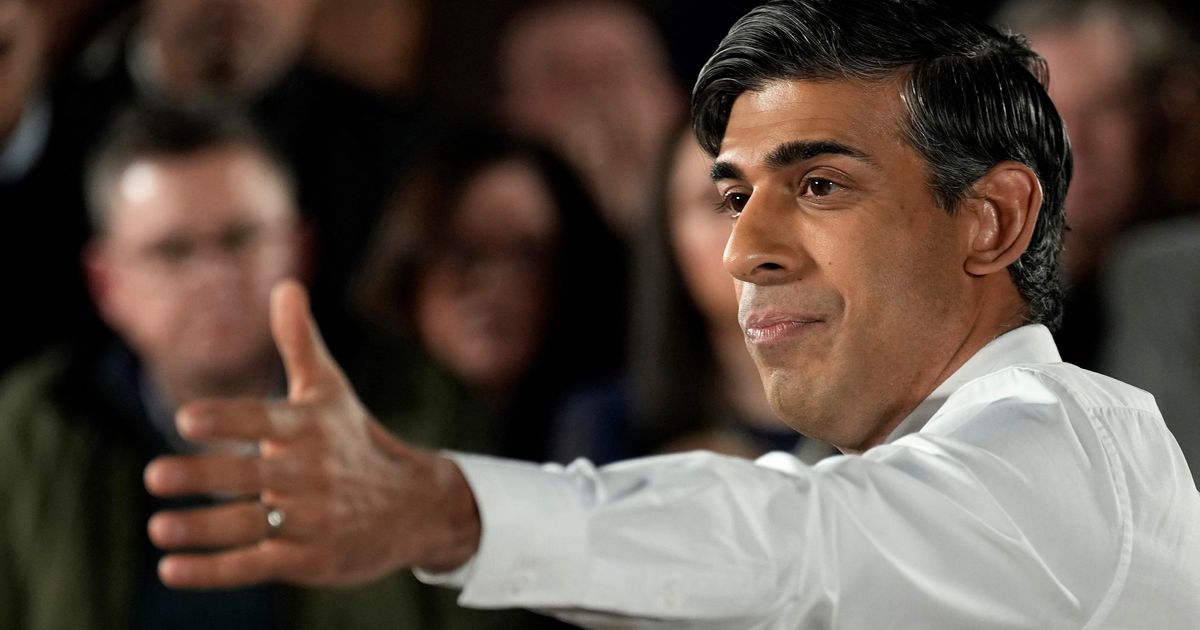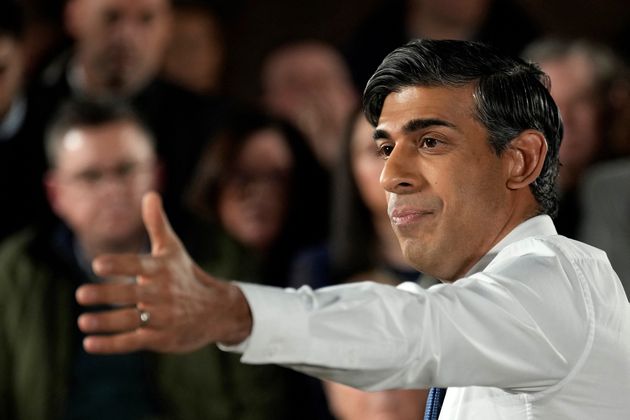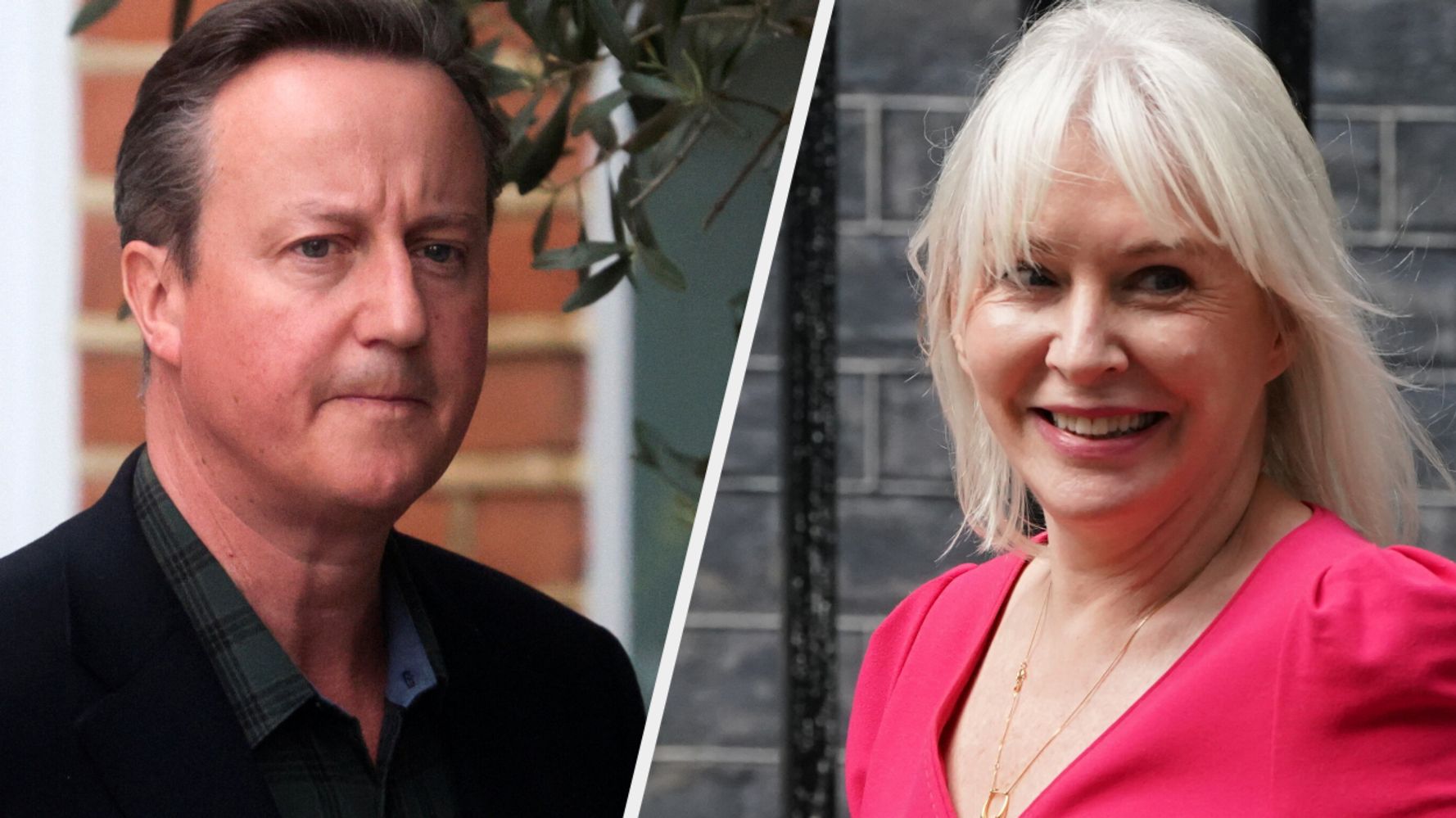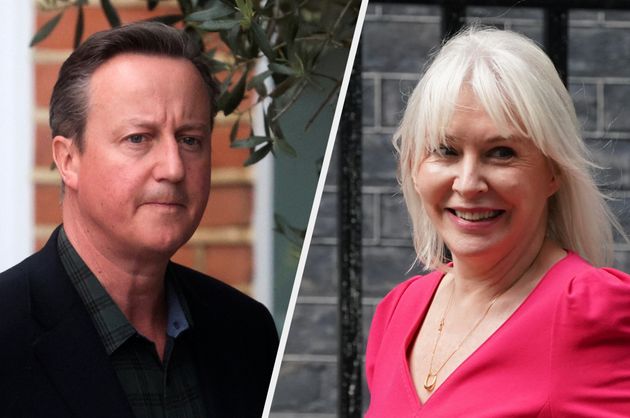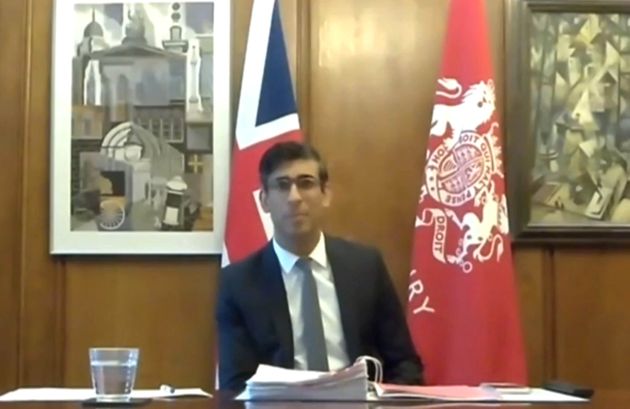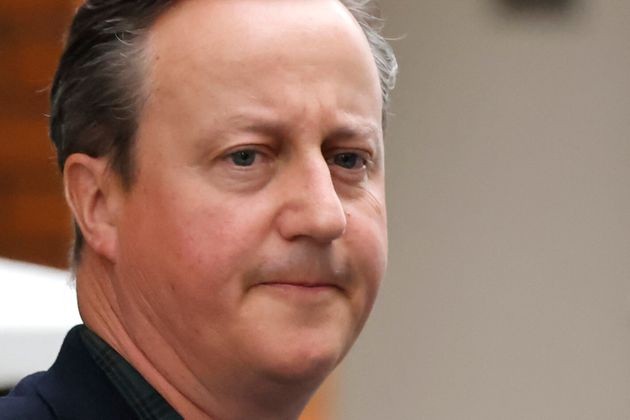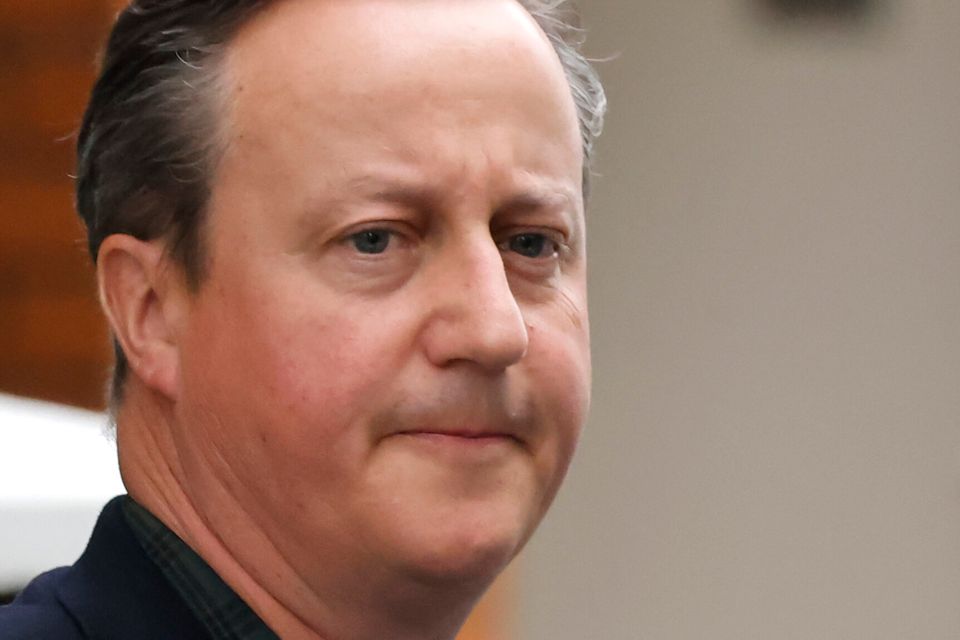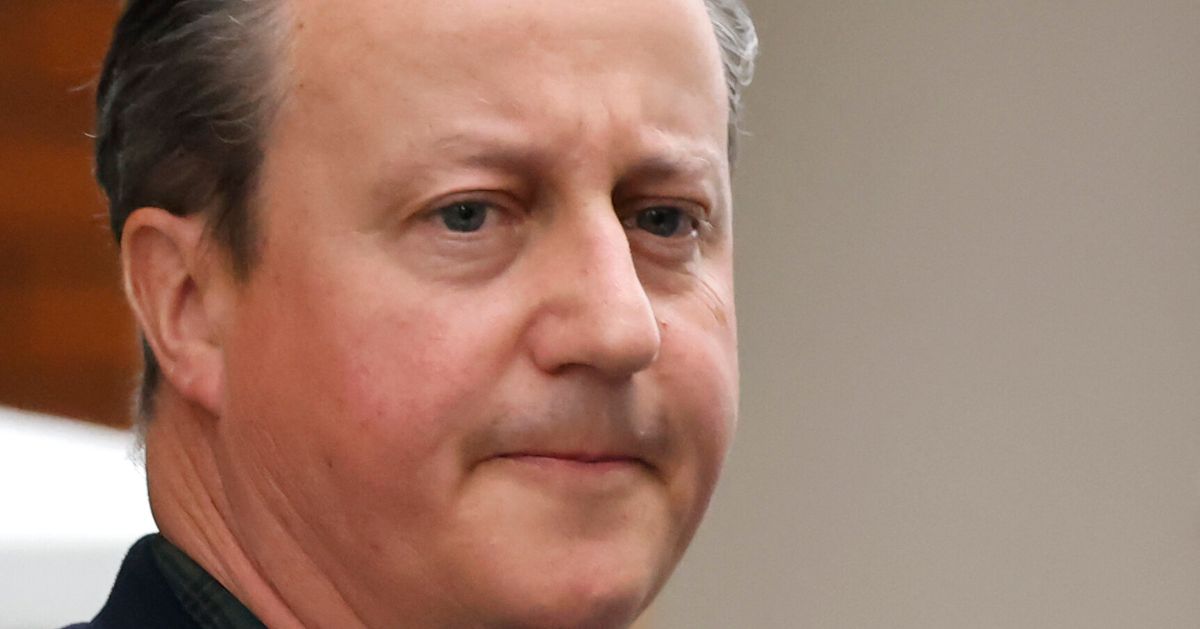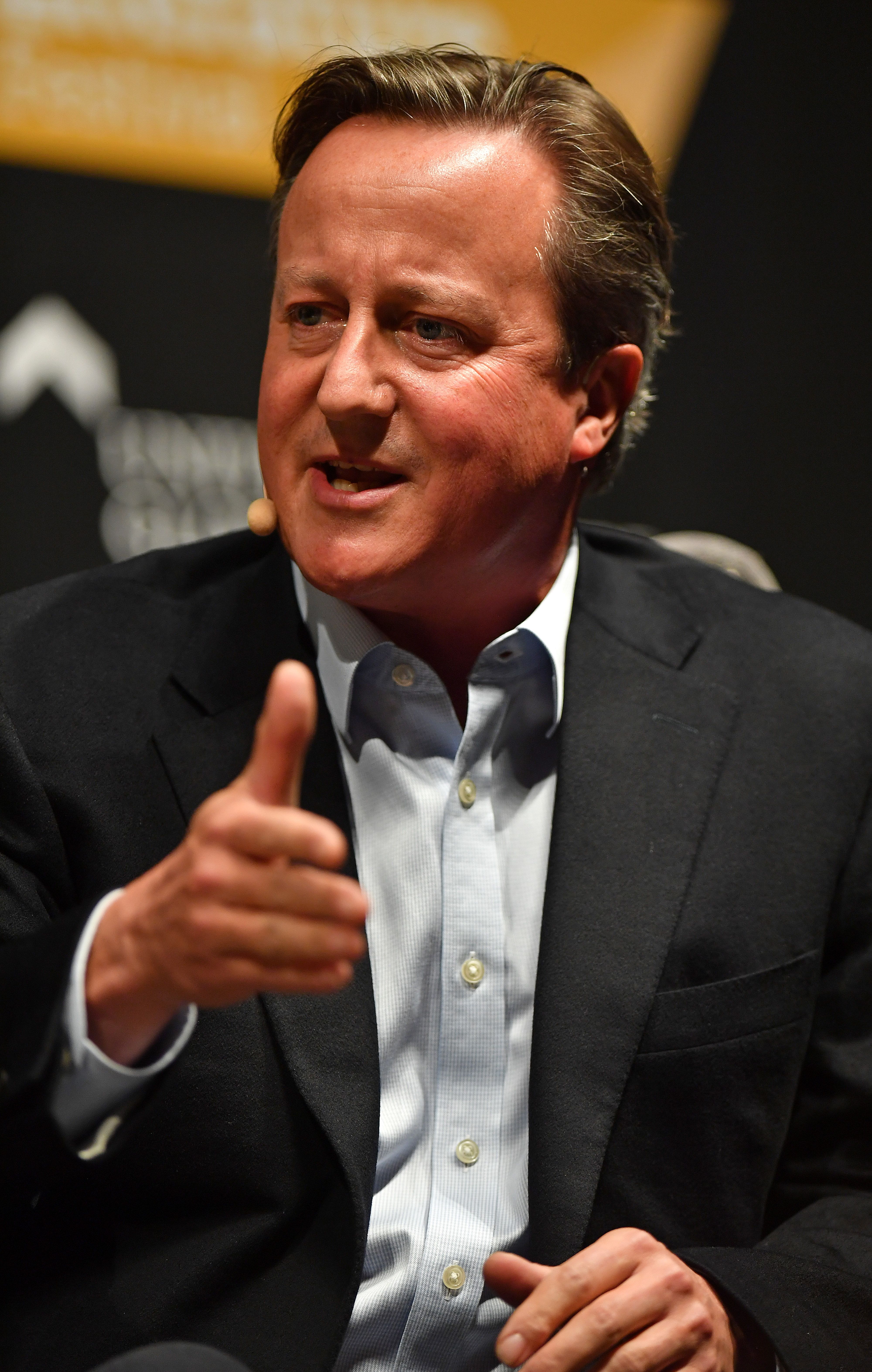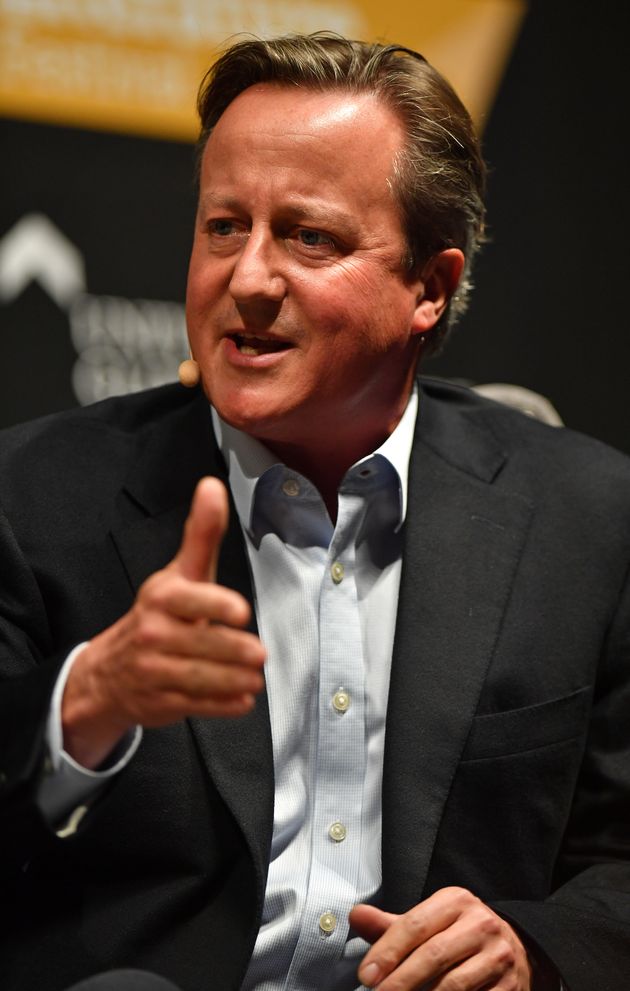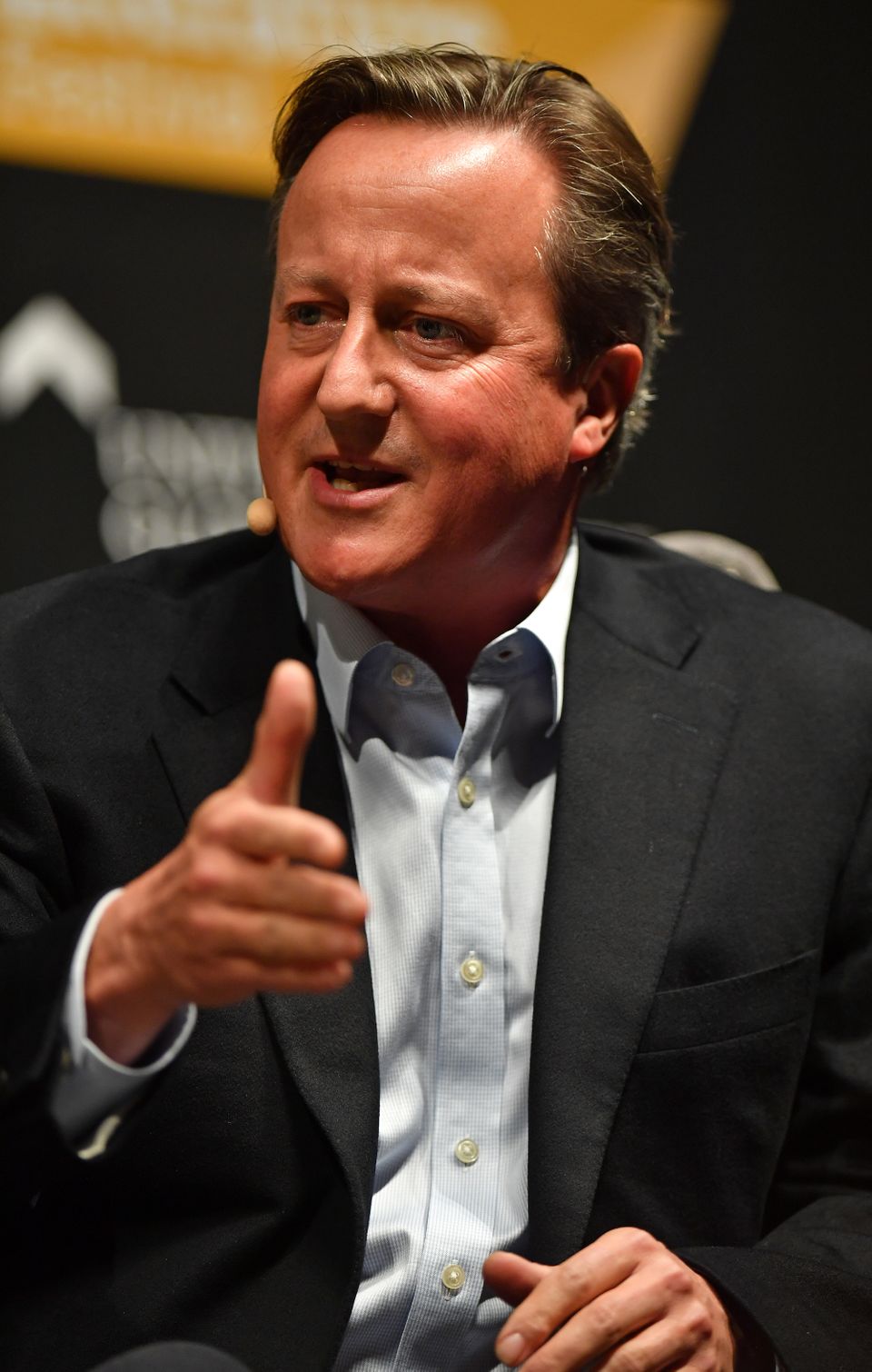David Cameron’s lobbying of senior ministers and officials, who he knew as prime minister, on behalf of Greensill Capital was “acceptable”, a cabinet minister has claimed.
Environment secretary George Eustice, Cameron’s former press secretary, said the ex-PM cannot be “begrudged” for taking on a role lobbying for the now-collapsed finance firm Greensill after leaving office.
Eustice also claimed the current system for regulating how ministers declare private sector interests was “actually a pretty good one”.
Labour said the minister’s comments showed “the government’s latest approach appears to be to shrug their shoulders and say ‘scandal? What scandal?’”
The Tory minister’s defence of Cameron and the rules came after Tory MP Sir Bernard Jenkin, who chairs the Commons liaison committee which questions the prime minister, has also warned that a failure to be “more transparent” than previous governments could see the so-called “red wall” seats turn away from the Tories.
A series of probes have been commissioned, including by Downing Street, as Westminster looks to understand the role Cameron played in securing Whitehall access for Greensill.
The firm was selected as an intermediary lender for some government Covid-19 support loans at the start of the pandemic.
The controversy follows disclosures that Cameron personally lobbied chancellor Rishi Sunak on Greensill’s behalf via text messages and was able to arrange for its founder and his former Downing Street adviser, Lex Greensill, to have a “private drink” with health secretary Matt Hancock.
The saga deepened last week after it emerged the former head of government procurement, Bill Crothers, took a part-time position with the failed firm while still in his Whitehall post.
The Sunday Times has now reported that Cameron contacted a former Cabinet Office contact who has since moved onto a senior NHS position to help secure a lucrative health deal, allowing Greensill to roll out its advance payment app, Earnd, to doctors and nurses.
Greensill’s collapse now risks thousands of jobs, particularly in the steel sector.
Shadow communities secretary Steve Reed said the revelations surrounding Greensill were “shocking” and evidence that the “era of Tory sleaze is well and truly back”.
The Labour frontbencher told Ridge on Sunday on Sky News: “You’ve got a former prime minister (David Cameron) employed by a wealthy organisation who is then using his personal relationships with existing ministers, including the chancellor of the exchequer, persuading them to do favours, favours that would not have been open to other businesses or organisations.”
But Cameron was defended by his former aide Eustice, who suggested that the former PM should have written more formal letters to the likes of Sunak rather than informal messaging.
The environment secretary told Ridge: “I think the real point is. ‘has he done anything wrong?’ Well, on the face of it, no. There’s a review that is going on, we mustn’t prejudge that.”
He then told the BBC’s Andrew Marr Show: “I think the key thing is that he has not broken any of the rules.
“It is acceptable, because it was within the rules.
“The point I would make is that ministers, when they leave office, including prime ministers, aren’t allowed to take any such paid roles for two years – these are rules that David Cameron himself brought in.
“He left office some five years ago and you can’t begrudge people moving on to another career.”
Eustice conceded “tweaks” to the rules may be needed following No.10’s review, which is being led by City lawyer Nigel Boardman, and various parliamentary probes.
“But fundamentally, I think the systems we have in place with ministers declaring interests with the ministerial code and the focus on that and how ministers conduct themselves in office is actually a pretty good one,” Eustice told Ridge.
Responding to Eustice’s interviews, Labour’s shadow Cabinet Office minister Rachel Reeves said: “Less than a week since the government announced the Boardman review, ministers are openly admitting it has no powers whatsoever.
Having failed to deflect the blame, the Government’s latest approach appears to be to shrug their shoulders and say ‘scandal? What scandal?’.
“The public know that the cosy relationship between the Conservative government, commercial lobbyists and taxpayer money stinks of sleaze. It’s one rule for them, another for everybody else.
“We don’t need the ‘tweaks’ Eustice said they might consider today, we need to tackle Tory sleaze with a full, independent, transparent inquiry – and we need stronger measures to put integrity and honour back into heart of government.”
Liberal Democrat leader Sir Ed Davey dismissed Eustice’s claims, insisting that relying on the ministerial code leaves the prime minister as “judge and jury” in deciding if a minister has breached ethics standards.
“I’m very worried that the ministerial code isn’t properly enforced,” Davey said.
“We’ve seen (Sir) Alex Allan, the independent adviser for ministerial standards, resign and [a replacement has not been appointed].
“I’d like to see an independent body enforcing the ministerial code, not the prime minister – that’s wrong.
“It’s wrong that a politician should be the judge and jury of who decides who has broken the ministerial code, and what I would like to see is an independent body, just like we have IPSA over MPs pay and expenses, that could say: ‘this minister has broken the code’ and whether they can’t have their ministerial pay.
“That would be the sort of penalty that I think the public would like and would rebuild trust in British politics.”
